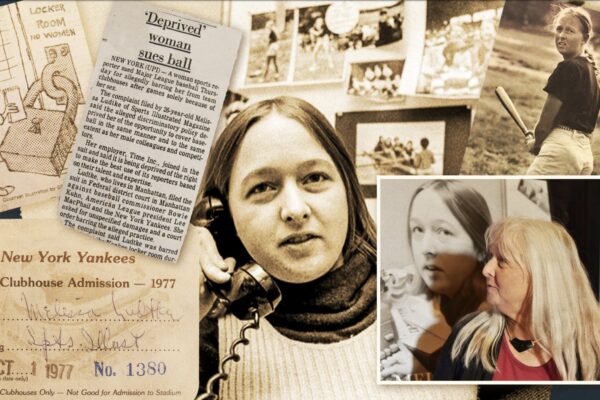By Aidan Wilkins | @AidanJWilkins
Sports Capital Journalism Program
SAN ANTONIO — The world of college basketball seemed to be bound for cataclysmic changes. The FBI was probing into programs across the country. The question of student-athlete compensation seemed to be raised more frequently. A national conversation that once asked “Will college athletes be paid?” was starting to become, “When and how will college athletes be paid?”
In his annual press conference before the start of the Final Four, NCAA President Mark Emmert seemed to put many of these questions to rest. While again acknowledging the need for change – including an athlete’s right to turn professional without enrolling in college — Emmert defended what he described as a consensus view that the NCAA amateur model should be preserved.
“That’s a choice that needs to be there,” Emmert said of a professional option. “But people fully understand that when you go into a collegiate environment, you’re not doing that to become an employee of a university. And there is, as we said earlier, no interest in higher education of turning college athletes into employees that are hired and fired by universities.”
Emmert said he was unaware of proposed recommendations of a commission led by former Secretary of State Condoleezza Rice. The NCAA expects to receive the commission’s report on April 25 with the intent of making changes before next season.
“We also realize that some of the recommendations are likely to be changes outside of our sole purview,” said Dr. Eric Kaler, president of the University of Minnesota and chair of the Division I Board of Directors. “So, we anticipate an engagement with the NBA, the Players Association, we anticipate conversations with AAU and other youth organizations as we begin to shape a path for college basketball.”
NCAA Division I men’s basketball is at the forefront of the issue, with players having to participate in one season in order to be drafted by an NBA organization. Emmert presented a solution to the issue of compensation – the ability to play somewhere else.
“If somebody looks at the G League or playing in Europe or whatever their other professional options are and they decide they would rather do that for themselves and for their family, then fine,” Emmert said. “That ought to be available to them. If they want to go play professionally then great, good for them. If they want to come to us, play college ball and then play professionally, terrific.”
While Emmert did not directly say it, it seemed as though he was calling for the NBA and NBA Players Association to produce a solution.
“There’s more motivation and focus on this than any issue that I’ve seen in my time in college sports. And it’s easy to forget that the NCAA is a collective decision-making body,” Emmert said. “And when you’ve got collective decision-making, you need strong catalysts to move things forward. Sometimes those catalysts come in the form of very ugly incidents, and that’s what we’ve got here.”
Despite the embarrassment resulting from the ongoing FBI investigation, the NCAA leadership seems prepared to address the issues to some extent. While it is still unclear what changes may lie ahead, changes are coming. The question is: In what form?


